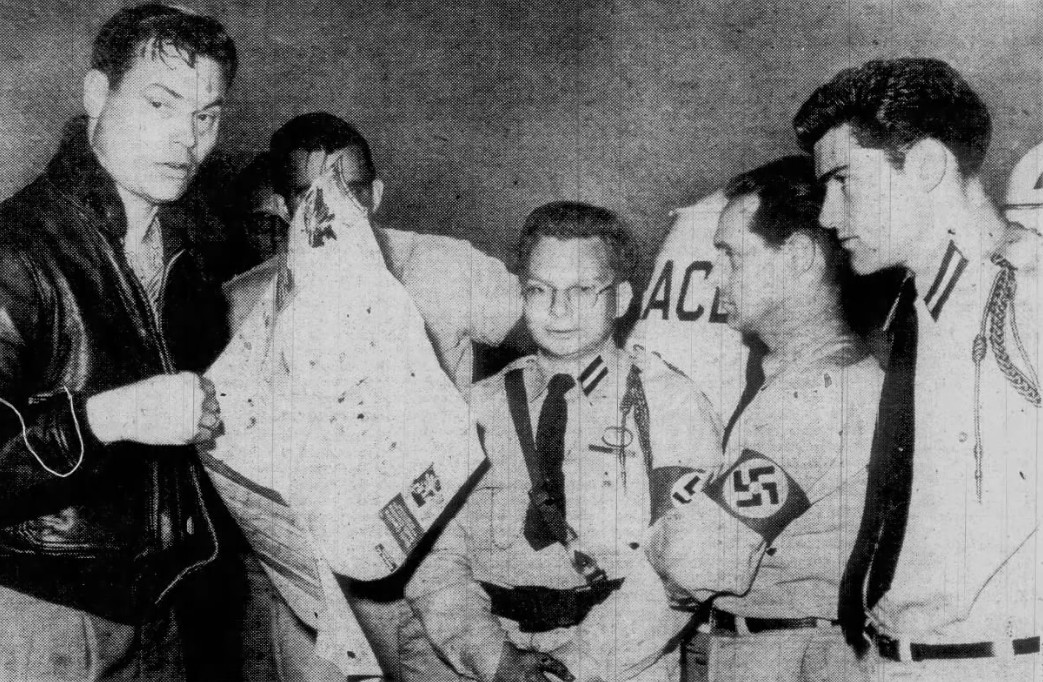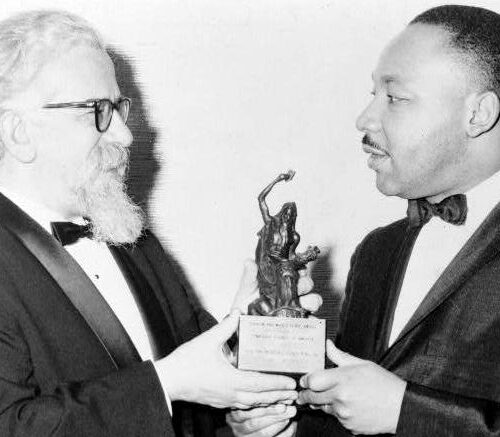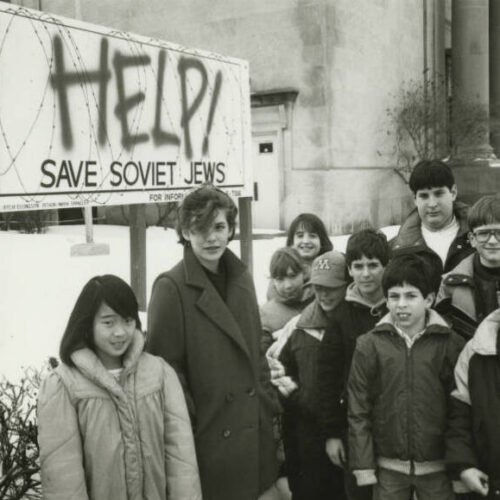Lessons
Marching, Walking or Parading: Hate Speech on Trial

State standards
Results
Length: 60-120 minutes | Grades: 6-12 | Themes: Jewish values, democratic values
Lesson Overview
The 1977 Supreme Court case, National Socialist Party of America v. Village of Skokie was a landmark ruling upholding free speech in the United States, even as it sparked concern among minority communities who had faced persecution and violence. It offers students a chance to reflect on the complexities of protecting offensive speech in a democracy.
In this lesson, students examine the Jewish value of dissent, focusing on the Talmudic tradition of preserving opposing views, and explore the challenges and protections of free speech in modern American society. They will study the background of the National Socialist Party of America v. Village of Skokie case, while practicing annotation and comparative thinking skills.
Enduring Understanding
Hate speech tests the boundaries of free speech and demands a commitment to the value of dissent and civil discourse.
Free speech enables members of society to respond to and counter hate speech while defending democratic principles.
Essential Questions
When is it important to protect speech we don’t agree with? Are there limits to this idea?
What is the tension between hate speech and free speech?
Learning Objectives
Students will be able to explore the tension between free speech and hate speech by debating and analyzing the Supreme Court case, National Socialist Party of America v. Village of Skokie.
Students will be able to articulate their own perspectives and communicate effectively about dissent, free speech, and their own experiences with hate speech.
Toolkit
-
Hate Speech on Trial lesson plan
-
Debating Skokie slide deck
-
Video of Olivia Gross
-
High School Law Review Socialist Party of America v. Village of Skokie worksheet





